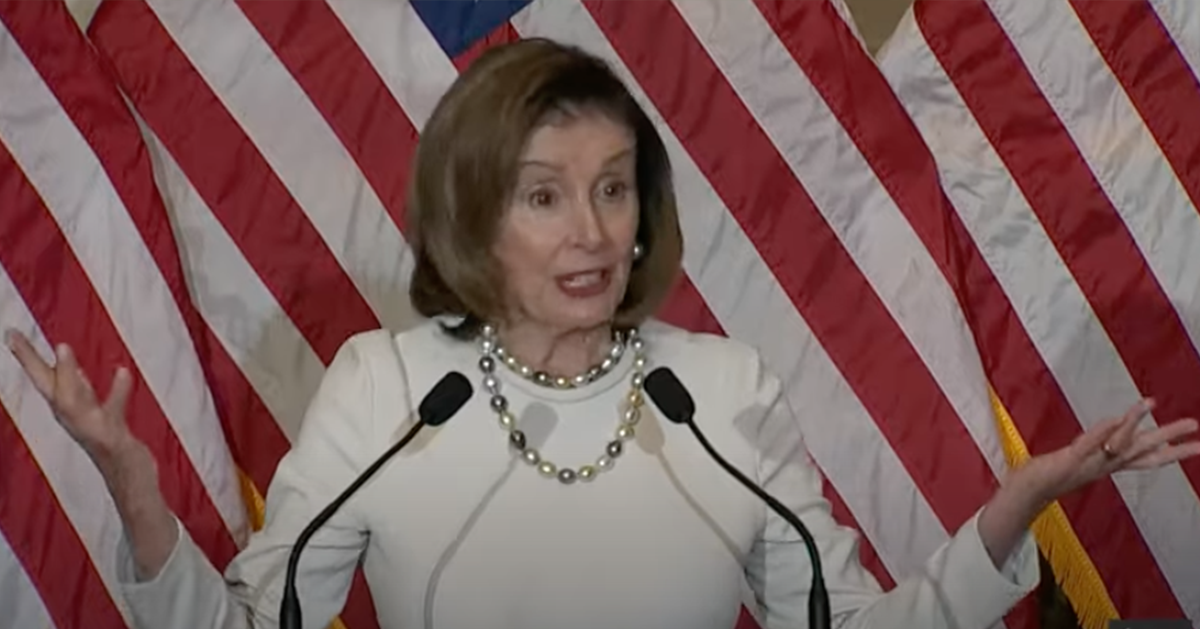Former lawmakers blast media for cover-up of Biden decline
Scrutiny continues to grow about the quality and candor of media coverage surrounding former President Joe Biden's mental and physical health during his time in office.
Former U.S. Reps. Jack Kingston and Pete King recently shared their views, accusing the mainstream media, Biden's staff, and even his wife of insufficiently addressing Biden's cognitive decline, as Newsmax reports.
Recently, multiple new books have surfaced with varied perspectives on Biden's health while in office. According to Kingston, the media and Biden's aides granted him excessive leniency and deference.
He stated measures such as applying makeup before Zoom appearances and utilizing glowing tape to direct him off platforms were employed to aid him.
Kingston asserted these tactics were deemed necessary for a president described as facing evident public challenges. He highlighted that aides took steps to mask these shortcomings, remarking, "The whole world knew what was obvious, that the emperor was, indeed, naked."
Biden's circle blamed
King didn't just direct his concerns toward the media. He criticized those around Biden, especially his physicians, spouse, and senior Democrats for their roles in allowing him to continue in office despite noticeable decline.
He stressed that Biden's difficulties were apparent from early on in his tenure. The challenge, he emphasized, wasn't Biden's errors, but the absence of accountability from those surrounding him.
Most intriguing was King's conjecture on a hypothetical situation in which Biden won a second election term. He felt that any major decision from Biden would depend heavily on staff support due to his alleged inadequacies. In his opinion, the burden lay with Biden's close circle who should have recognized his struggles and urged him to step aside.
King was particularly vocal about the differences in media scrutiny when it came to Biden as opposed to current President Donald Trump. He observed that Trump's single, often minor errors often made headlines, while Biden's more noteworthy gaffes were effectively ignored.
Talk turns to tariffs
In contrast to criticism of Biden, King also raised concerns about Trump's most recent economic strategies, specifically tariffs.
Indeed, while he believed in their long-term advantages, King acknowledged the potential immediate difficulties tariffs may pose for Americans subsisting paycheck-to-paycheck.
He floated the idea that the government might need to provide some support mechanism for those adversely affected by Trump's tariffs.
He compared this idea to the financial help given to U.S. farmers during Trump's previous tenure. King's proposal emphasized that while not everyone should receive aid, monitoring the situation for those facing potential economic hardship was crucial.
King encouraged a cautious approach, stressing that ignoring possible collateral difficulties could be detrimental to Trump and to the economy more broadly. This approach would ensure that fewer individuals face severe economic setbacks while waiting for anticipated benefits.
Caution urged, lessons learned
Kingston, in summing up, suggested a reevaluation of the staff strategies used to assist Biden during his term in office. Although the practices might have temporarily aided his public image, questions linger about their efficacy and transparency in the broader context of national leadership.
Reports about Biden's health aren't new, but recent allegations have only exacerbated public discourse surrounding presidential competency and transparency. Kingston's and King's comments renew focus on media responsibilities and highlight inconsistencies in coverage between political figures.
Public opinion appears divided on the credibility of these recent claims. News outlets must take steps to ensure that they retain objectivity and equal scrutiny to maintain public trust. The underlying issue remains: the ongoing debate over leadership transparency and the media's pivotal role continues to evolve.
It's evident that as the U.S. political landscape shifts, the narrative surrounding the coverage of its leaders continues to prompt critical discussions. As observers evaluate these claims, the broader question looms: how effective will current and future administrations be in cultivating public trust and transparency?




